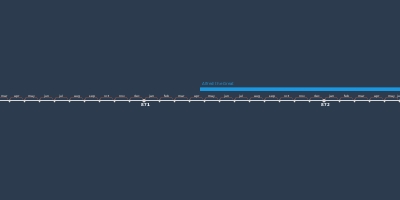Louis XIII the Just (may 15, 1610 – may 14, 1643)
Description:
son of Henri IV and Marie de Medici. Shortly before his ninth birthday, Louis became king of France and Navarre after his father Henry IV was assassinated. His mother acted as regent during his minority (also building the Palais Luxembourg for herself). Mismanagement of the kingdom and ceaseless political intrigues by Marie and her Italian favourites led the young king to take power in 1617 by exiling his mother and executing her followers. Louis XIII, taciturn and suspicious, relied heavily on his chief ministers, first Charles d'Albert, duc de Luynes and then Cardinal Richelieu, to govern. King and cardinal are remembered for establishing the Académie française, and ending the revolt of the French nobility. They systematically destroyed castles of defiant lords and denounced the use of private violence (dueling, carrying weapons, and maintaining private armies). The reign of Louis "the Just" was also marked by the struggles against the Huguenots and Habsburg Spain. France's greatest victory in the conflicts against the Habsburg Empire during the period 1635–59 came at the Battle of Rocroi (1643), five days after Louis's death, caused by apparent complications of intestinal tuberculosis. This battle marked the end of Spain's military ascendancy in Europe and foreshadowed French dominance in Europe under Louis XIV, his son and successor. He married Anne of Austria, daughter of Philip III of Spain. This marriage followed a tradition of cementing military and political alliances between the Catholic powers of France and Spain with royal marriages.Added to timeline:
Date:
may 15, 1610
may 14, 1643
~ 33 years
